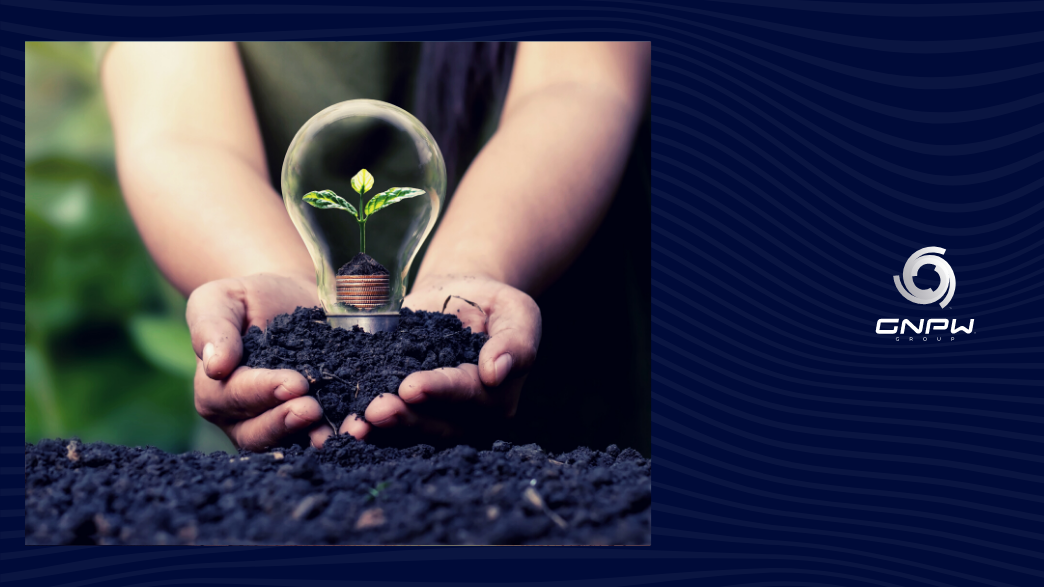If the energy transition is well developed in the country, it is possible to transform Brazil into a decarbonizing power in the world this century.
The energy transition is a subject that has become a trend in many countries. With the advance of global warming and its consequences, there is an urgent need for migration to a low carbon economy.
This model presupposes a shift from an energy matrix predominantly of fossil fuels to a tendency to use intermediate sources with the objective of achieving the majority use of sustainable and renewable sources.
However, it is worth noting that this change goes beyond changes in energy sources, since the energy efficiency of the entire chain needs to be reviewed, as well as awareness of production models and the reuse that is made of the materials produced.
What is the role of this change?
The objective of the transition is to reduce emissions of harmful gases to the environment and, consequently, to stop climate change, which is a result of these processes. Thus, the energy transition also proposes a systemic change, with the objective of developing sustainability and society.
In this sense, the transition goes beyond energy generation and begins to be part of other sectors from the beginning of production, through consumption to reuse, with waste management, for example.
For this process to occur, it is necessary to implement and invest in some actions, called 3Ds of the energy transition. What is at the heart of the topic is the decarbonization of the matrix, which involves replacing polluting sources with options with lower or zero emissions.
But beyond that, decentralization and digitization also have relevance. Decentralization helps in the supply of energy, taking the entire process away from large centers or sectors.
In Brazil, distributed generation is an example of this. In recent years, there has been an increase in companies and homes that have started to produce their own energy — prosumers — as a result of decentralization. By bringing this production closer to the consumer, the costs and losses associated with transport are reduced.
Digitization already permeates other sectors and needs to reach the energy sector so that processes become faster and more efficient. Thus, implementing the use of smart networks, blockchain, internet of things and big data favor automation impacting energy consumption.
The energy transition in Brazil
While in the world energy generation is concentrated in fossil sources, being responsible for 25% of emissions, in Brazil this percentage is less than 3%. In other words, the matrices used are renewable and have low carbon emissions.
But here, in addition to 3Ds, other 2Ds are important: market design and democratization of access. With a good market design, it is possible to expand negotiations, bringing new investments and more competitiveness, with benefits for all involved. In addition, it is essential that the electric and natural gas sectors are modernized, and this point may favor this.
Finally, inequality still makes it impossible for part of the population to have access to energy with quality and affordable price. In other words, the energy transition also has the role of being fair and inclusive, with the objective of improving the quality of life of the most vulnerable groups. Therefore, it is not always possible to balance the system and increase access to energy only with renewable sources. Often an intermediate fuel such as natural gas is needed.
Currently, the country’s great challenge is to take advantage of its diversity of resources to promote energy, environmental and economic security. In terms of improving energy efficiency, there is an offer of R$ 400 million in financial mechanisms aimed at energy efficiency. On the other hand, Brazil uses less than 30% of its energy efficiency potential.
Thus, in addition to changes in energy generation, Brazil’s energy transition also undergoes changes in the areas of transport, land use and waste recovery, with emphasis on the possibilities that biogas generates. If you still have any questions about it, leave your comment on the post.
With a proven track record of success, the GNPW Group won around 43% of the winning projects in the New Energy Auctions for availability carried out from 2005 to 2016. We develop businesses and special projects in the energy area, fossil and alternative fuel logistics, and implementation of cogeneration and electricity generation plants, energy efficiency solutions and energy with alternative sources.

Comment